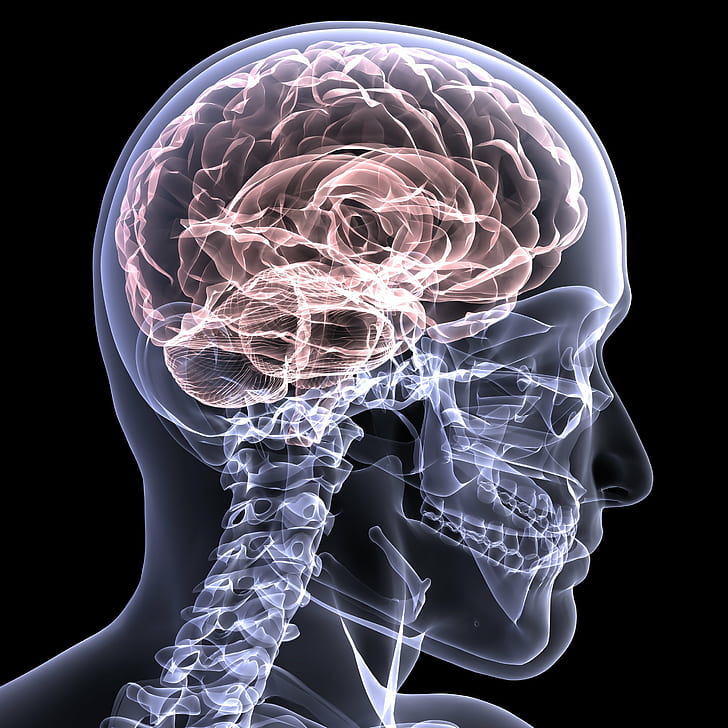Epilepsy may occur as a result of a genetic disorder or an acquired brain injury, such as a trauma or stroke.
During a seizure, a person experiences abnormal behaviour, symptoms and sensations, sometimes including loss of consciousness. There are few symptoms between seizures. Epilepsy is usually treated by medication and in some cases by surgery, devices or dietary changes.
Epilepsy has no identifiable cause in about half the people with the condition. In the other half, the condition may be traced to various factors, including: Genetic influence. Some types of epilepsy, which are categorized by the type of seizure you experience or the part of the brain that is affected, run in families.
Most people with epilepsy live a full life. However, the risk of early death is higher for some. We know that the best possible seizure control and living safely can reduce the risk of epilepsy-related death.Most people with epilepsy live a full life. However, the risk of early death is higher for some. We know that the best possible seizure control and living safely can reduce the risk of epilepsy-related death.
Epilepsy is not a mental illness. In fact, the vast majority of people living with epilepsy have no cognitive or psychological problem. For the most part, psychological issues in epilepsy are limited to people with severe and uncontrolled epilepsy.
Most types of seizures do not cause damage to the brain. However, having a prolonged, uncontrolled seizure can cause harm. Because of this, treat any seizure lasting over 5 minutes as a medical emergency.
